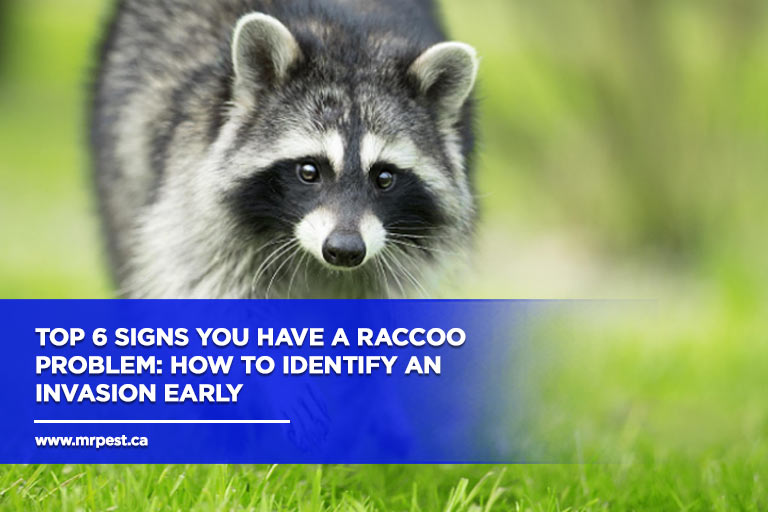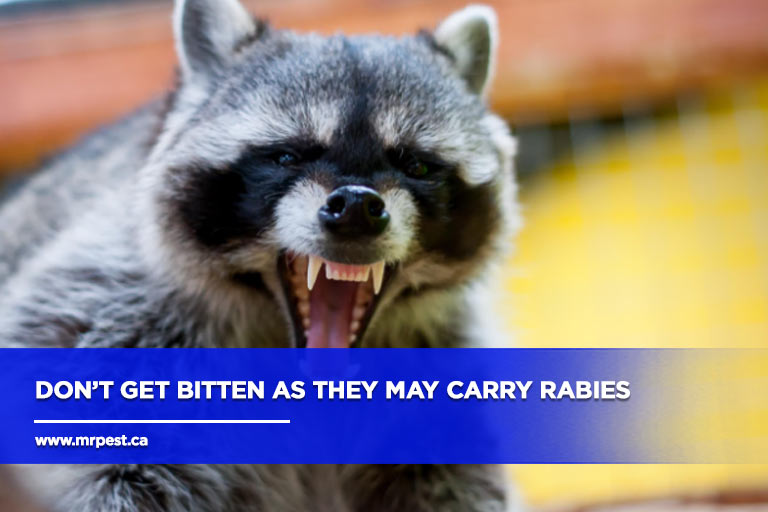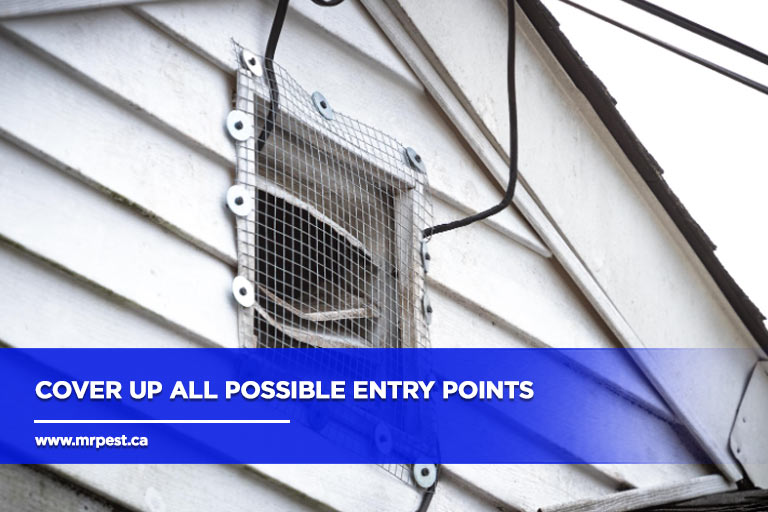Raccoons, with their distinctive masked faces and dexterous paws, are often seen as charming creatures in the wild. However, when they invade homes and properties, they can become a significant nuisance.
Let’s explore the top signs of a raccoon invasion, helping you detect and address the issue before it escalates. By being vigilant and proactive, you can protect your home and ensure the safety of your family.
- Footprints and Tracks: Raccoons leave behind distinctive footprints that resemble tiny human hands. You might find these tracks in mud, dust, or even on your porch.
- Droppings and Urine Stains: Raccoon droppings are usually dark, tubular, and about the size of small dog feces. These can often be found in attics, garages, or near their entry points. Urine stains can also be visible on walls and floors.
- Damage to Property and Structures: Look for signs of chewing on wires, wood, or insulation. Raccoons are known for tearing off shingles, fascia boards, and vents to gain entry. Raccoons also often dig up lawns in search of grubs and insects. If you notice patches of upturned grass, small holes, or rolled-back sod, it’s a strong indication of raccoon activity.
- Nocturnal Activity and Noises: Raccoons are nocturnal and most active at night. If you hear scratching, thumping, or scurrying sounds in your attic or walls during the night, it could be a sign of raccoons
- Raided Trash Bins and Scattered Debris: If your trash bins are frequently overturned and garbage is strewn around, it’s likely a raccoon looking for food. They are notorious for their ability to open lids and rummage through contents. According to a study published in US NLM, the dexterous paws of raccoons enable them to manipulate objects, making them adept at accessing food and shelter in residential areas.
- Pet Disturbances and Unusual Animal Interactions: If your pets are acting unusually agitated or if you notice conflicts with other animals in your yard, raccoons might be the cause. They can be territorial and may provoke your pets.
Common Entry Points
Raccoons are adept at finding ways into your home, exploiting even the smallest weaknesses. Here are some common entry points to check:
Roof and Attic
- Damaged Shingles and Vents: Raccoons can pry up shingles or tear through roof vents to gain access. Look for signs of loose or damaged shingles and bent or broken vents.
- Chewed or Torn Soffits and Fascia: Inspect the soffits and fascia around your roofline. Raccoons often chew through these areas to create entry points into the attic.
Crawl Spaces and Basements
- Openings in Foundations and Crawl Space Vents: Raccoons can squeeze through surprisingly small gaps. Check for any openings in your foundation or damage to crawl space vents that could allow entry.
- Signs of Digging Near the House: Raccoons may dig around the foundation in search of entry points. Look for disturbed soil or holes near the base of your home.
Health Risks and Safety Concerns
Raccoon invasions pose several health and safety risks that can affect both humans and pets. Understanding these risks is crucial for taking appropriate action.
Disease Transmission
- Raccoon Roundworm and Rabies: Raccoons are known carriers of raccoon roundworm (Baylisascaris procyonis) and rabies. Roundworm eggs found in raccoon feces can cause severe infections if ingested, leading to neurological damage. Rabies is a serious viral disease that can be transmitted through bites, posing a significant threat to humans and pets.
- Bacterial Infections from Droppings: Raccoon feces can harbour harmful bacteria such as E. coli and Salmonella. Contact with contaminated surfaces or inhalation of dust particles from dried feces can result in bacterial infections.
Structural Damage
- Electrical Wiring Hazards: Raccoons can create fire hazards and the risk of electrical malfunctions. Exposed wires can also pose a danger to anyone coming into contact with them.
- Insulation and Duct Damage: This damage can lead to reduced energy efficiency, increased heating and cooling costs, and the potential spread of contaminants throughout your home.
Preventive Measures
Preventing raccoon invasions requires a combination of securing entry points and making environmental modifications. Here are some effective strategies:
- Regularly inspect your home for any gaps, cracks, or openings that raccoons could exploit. Seal these entry points with durable materials such as steel mesh or heavy-duty caulk.
- Install raccoon-proof chimney caps, vent covers, and reinforced soffits. Ensure that any repairs or modifications are done using materials that raccoons cannot easily chew through or damage.
- Use sturdy, raccoon-proof trash bins with secure lids. Store garbage bins in a locked shed or garage if possible, and avoid leaving pet food or other attractants outside overnight.
- Trim tree branches that overhang your roof or are close to your home, as raccoons can use these as pathways. Remove piles of brush, leaves, or debris where raccoons might seek shelter.
Professional Help
Sometimes, despite your best efforts, raccoons can still invade your home. In such cases, it’s essential to know when to call in the experts.
When to Call a Wildlife Control Expert
- Situations That Require Professional Intervention: If you hear persistent noises, notice extensive damage, or encounter aggressive raccoons, it’s time to seek professional help. Experts have the tools and knowledge to handle raccoon infestations safely and effectively.
- Benefits of Professional Assessment and Removal: Wildlife control professionals can accurately assess the extent of the infestation, locate hidden nests, and use humane removal techniques. This ensures that raccoons are removed safely without causing harm to the animals or further damage to your property.
Choosing the Right Service
- Tips for Selecting a Reputable Wildlife Control Company: Look for licensed and insured companies with positive reviews and a track record of successful raccoon removal. Ask about their methods to ensure they use humane practices.
- Importance of Humane Removal Practices: Humane removal practices involve trapping and relocating raccoons without harming them. This approach is not only ethical but also effective in preventing future invasions.
If you live in Ontario and suspect a raccoon problem, consider reaching out to experts specializing in pest control in Barrie. Professional wildlife control services can provide the expertise needed to address your raccoon issue promptly and humanely, ensuring your home remains safe and secure.
Take Action Now to Protect Your Home
Don’t let a raccoon invasion disrupt your peace of mind. If you’ve noticed any signs of raccoons or need assistance with raccoon removal in Barrie, contact Mr Pest Control at (705) 739-7378. Our team of experts is ready to help you with effective, humane solutions to safeguard your home. Act now to ensure your property remains safe and secure!





